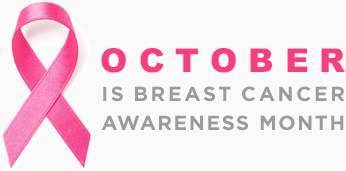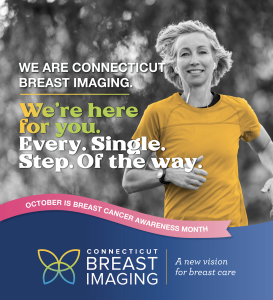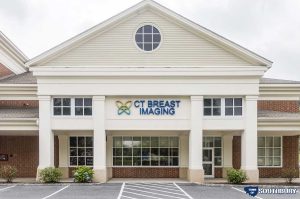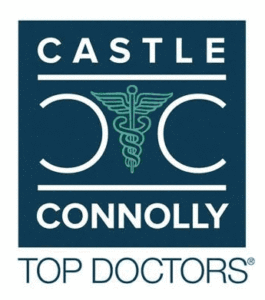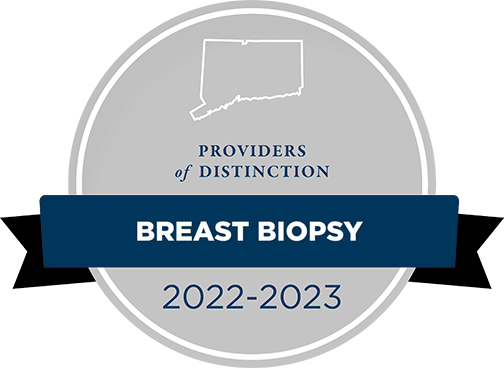Genes are pieces of our DNA that code for individual traits. We get one set of genes from each of our biological parents. While genes determine our physical traits, like the color of our hair or eyes, they also determine other characteristics. Genes are responsible for our blood type, immune system capabilities, and the general way our body works.
What is a BRCA Gene?
BRCA is an abbreviation for breast cancer, and the BRCA gene is a gene that works to prevent breast and ovarian cancers from developing. Two genes impact a person’s breast cancer risk: BRCA1 and BRCA2. They work by blocking the uncontrolled growth of tumors. Everyone has BRCA1 and BRCA2 genes. Unfortunately, some people’s BRCA genes don’t function optimally, making them unable to suppress tumor growth. This type of abnormality is called a gene mutation.
BRCA Gene Mutations
Roughly one in every 500 women in the United States has a mutation in her BRCA1 or BRCA2 gene. A mutated BRCA gene does not automatically mean that you will develop breast cancer, but it may significantly increase your chances. That is because a mutated BRCA gene can no longer, generally speaking, prevent cancer growth. If either of your parents has a mutated BRCA1 or BRCA2 gene, you have a 50% chance of having the same gene mutation. However, the variety of mutations are still being studied and some are known to pose risk and some do not.
Risks of BRCA Mutation
Approximately 12% of all women will be diagnosed with breast cancer at some point in their life. Women with a mutation in their BRCA1 or BRCA2 gene have a higher chance of developing breast cancer than those who do not have the mutation. Around 60% of all women with a BRCA1 gene mutation will develop breast cancer before age 70, while 45% of those with a BRCA2 mutation will develop breast cancer by the age of 70. Women with a BRCA gene mutation who beat cancer are also more likely to develop a second cancer or have their cancer come back.
While this may sound frightening, only about 10% of women diagnosed with breast cancer have a BRCA mutation. Furthermore, if breast cancer is detected early, it can usually be treated successfully, even for people with a BRCA gene mutation.
Checking for BRCA Mutations
You can test to see if you have a mutation in your BRCA1 or BRCA2 gene. The BRCA gene test is a blood test that analyzes your DNA to identify any possibly harmful mutations. This test is not routinely offered to people with an average risk of developing breast or ovarian cancer. Instead, the BRCA gene test is typically given to people who might have inherited the mutation from one of their biological parents or have a family history of breast cancer. If you are worried that you may have a harmful mutation in your BRCA genes, you should discuss these concerns with your physician or a genetic counselor.
There can be benefits to getting this genetic testing, no matter your result. An accurate negative result can reduce or eliminate anxiety about future risk of developing breast cancer. Meanwhile, a positive test result can allow a person to proactively take steps to reduce their risk of developing cancer. These may include special check-ups, testing, and risk-reducing surgeries.
